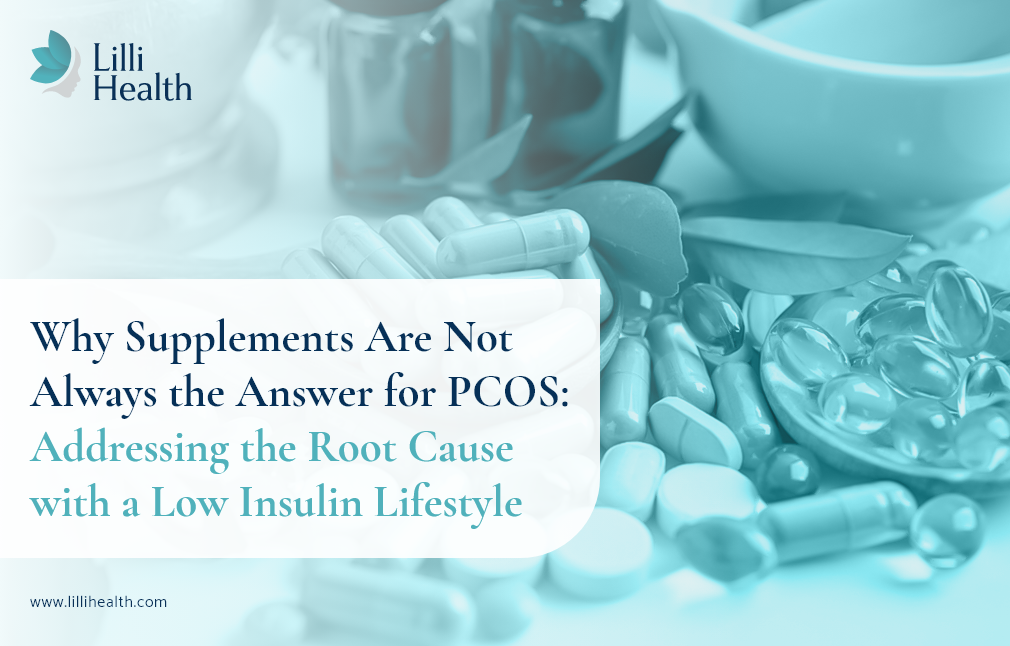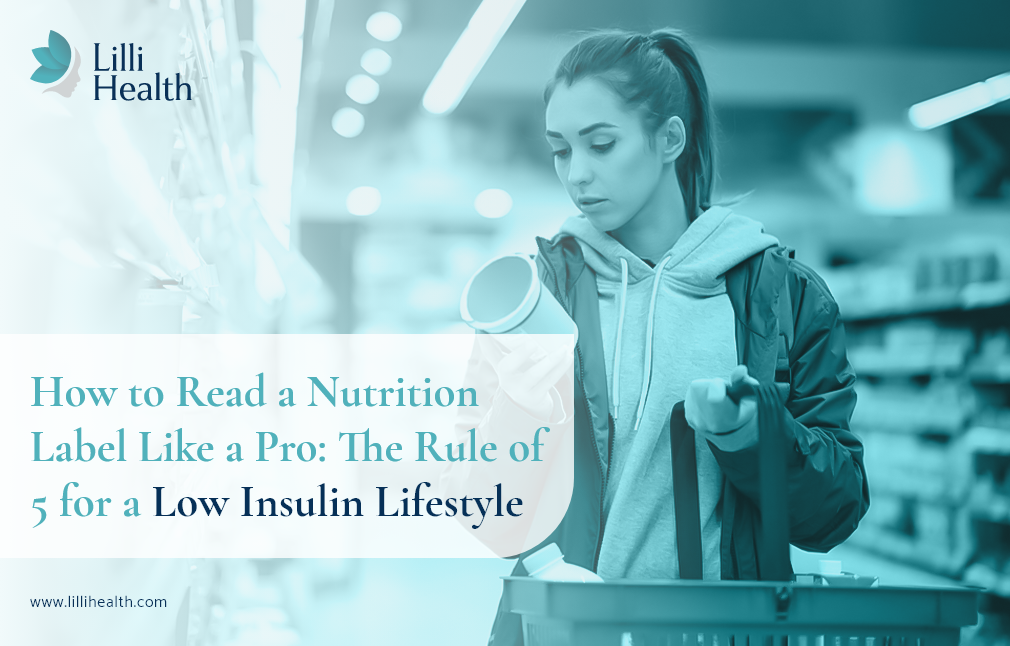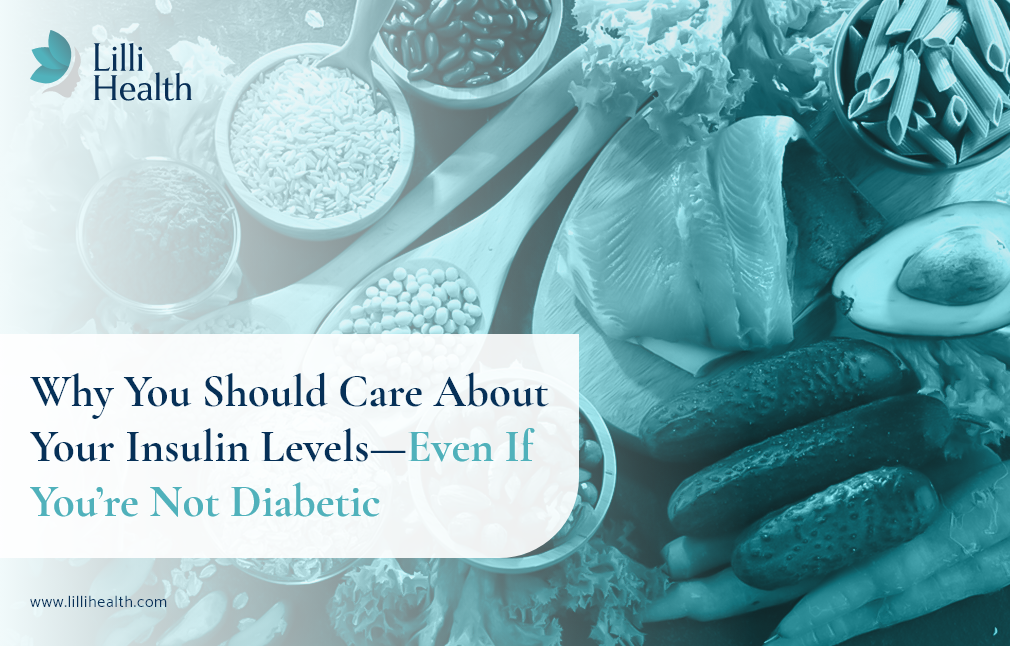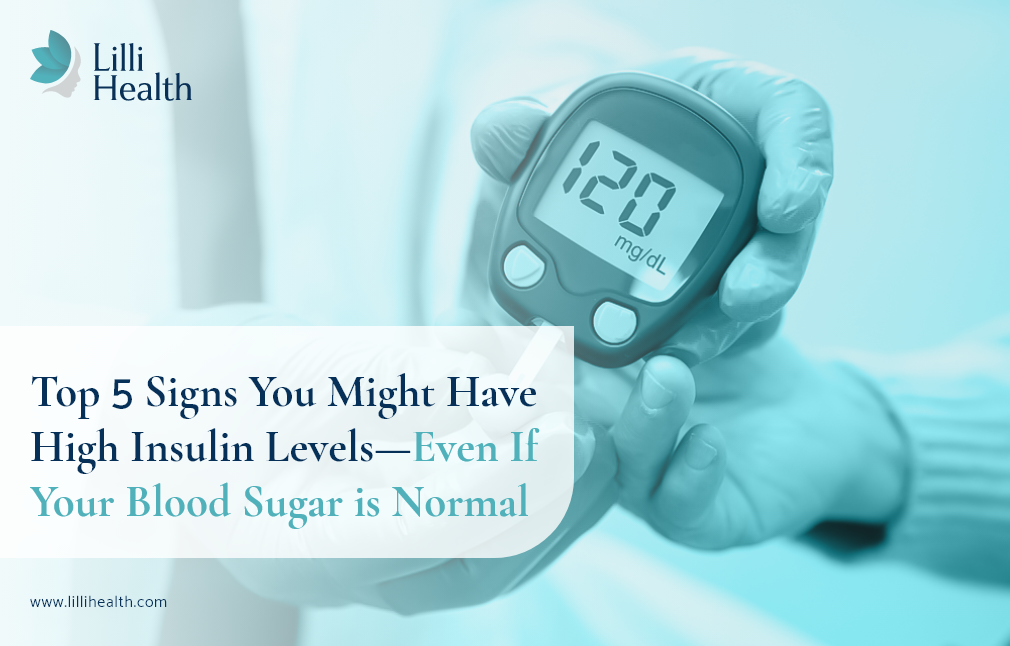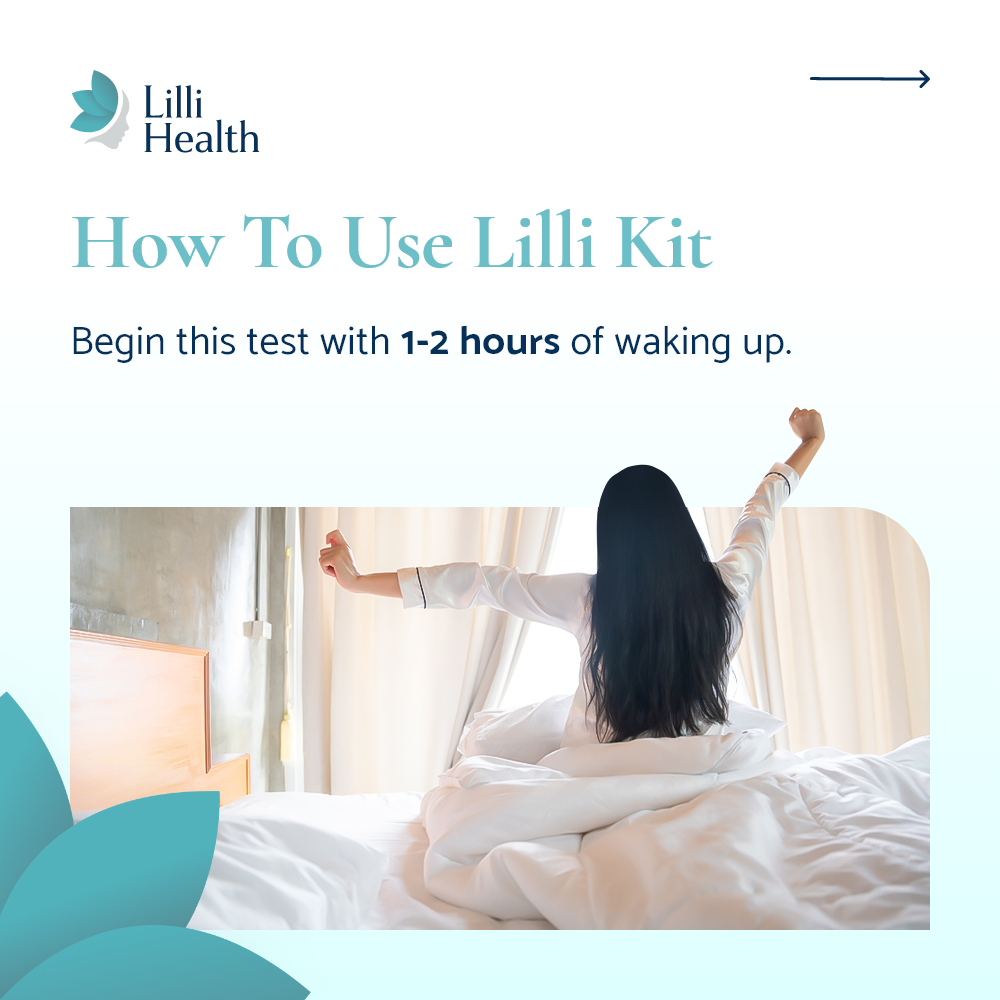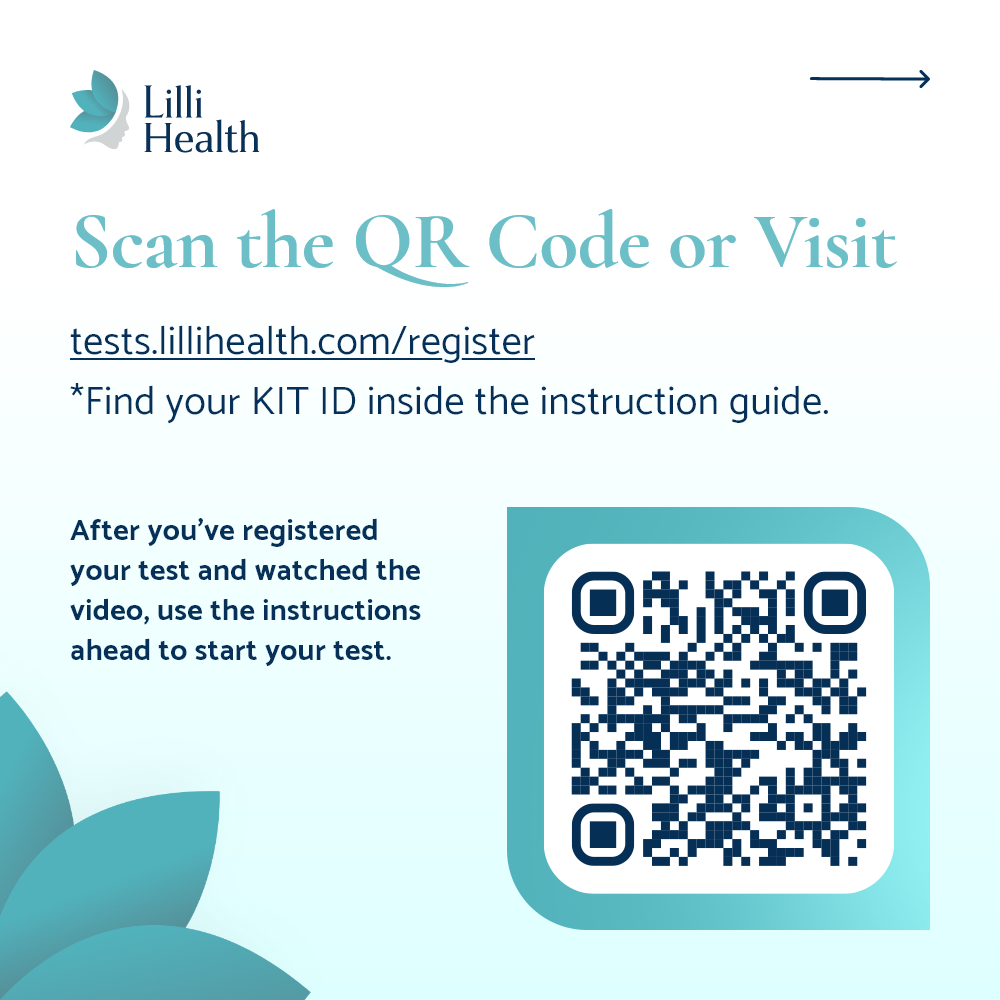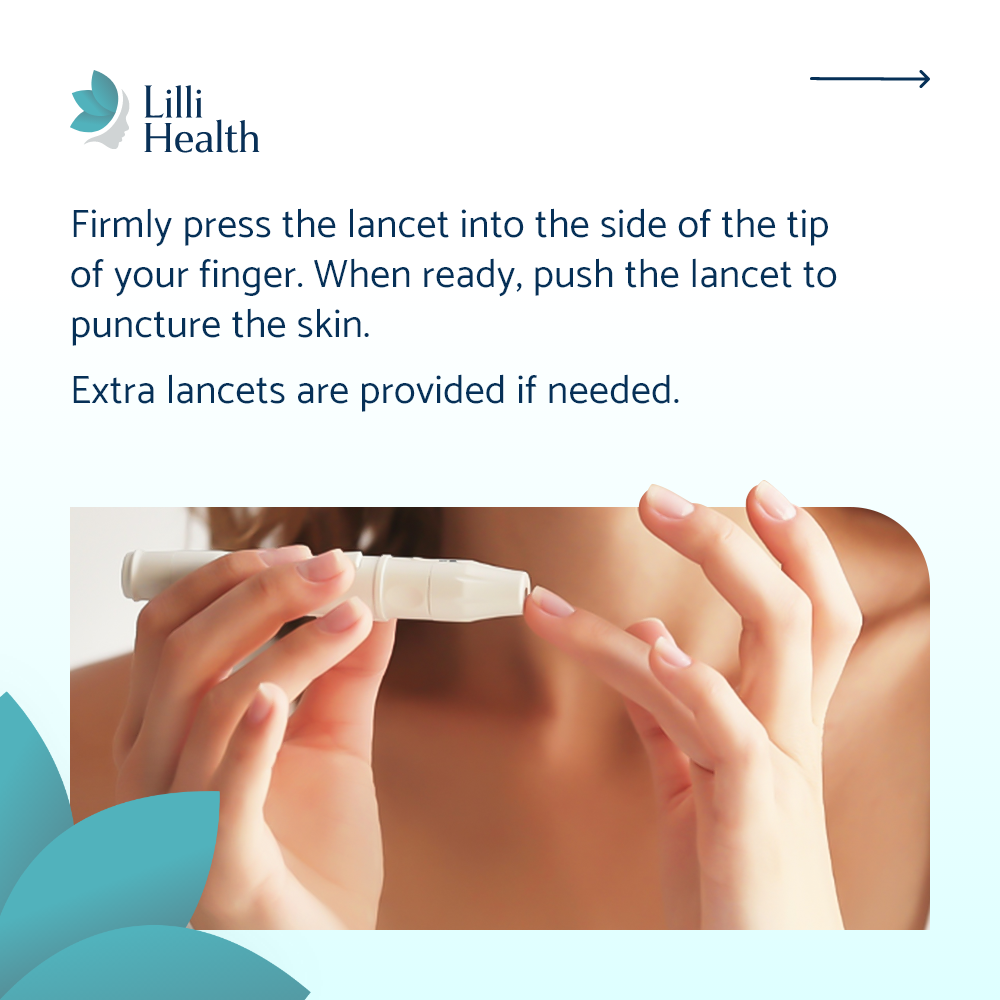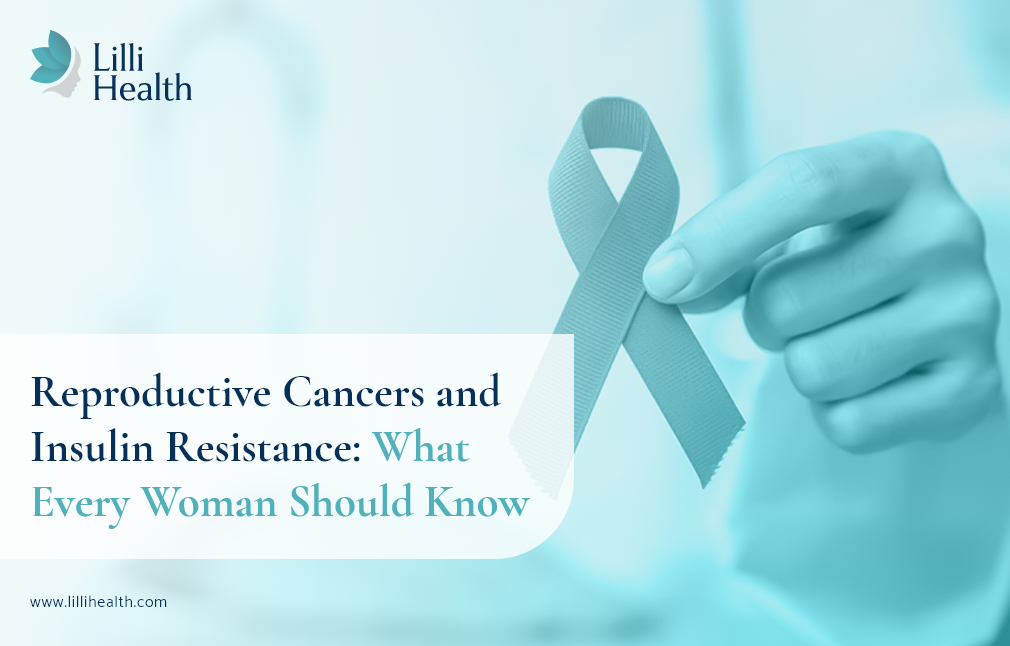

Reproductive Cancers and Insulin Resistance: What Every Woman Should Know
When we think about insulin resistance, it’s often in the context of diabetes or metabolic syndrome. But did you know that elevated insulin levels can also play a significant role in the development of reproductive cancers? As more research unfolds, the link between insulin resistance and cancers like breast, ovarian, and endometrial cancer is becoming increasingly clear. Understanding this connection could be a vital step in protecting your health and reducing your cancer risk.
What Is Insulin Resistance?
Insulin resistance occurs when the body’s cells stop responding effectively to insulin, a hormone that helps regulate blood sugar levels. To compensate, the body produces more insulin, leading to hyperinsulinemia—chronically high insulin levels. While insulin resistance is commonly associated with type 2 diabetes, it also has broader health implications, particularly for women.
How Insulin Resistance Contributes to Cancer Development
Elevated insulin levels can promote cancer development in several ways:
- Increased Cell Growth and Division: Insulin is a growth hormone, and when it’s present in high amounts, it can stimulate the growth and division of cells, including cancerous ones. Over time, this unchecked cell proliferation can increase the risk of tumors developing, particularly in reproductive tissues.
- Higher Levels of Estrogen: Insulin resistance often leads to an increase in circulating estrogen, particularly in postmenopausal women. Elevated estrogen levels are a known risk factor for breast, ovarian, and endometrial cancers. Excess insulin also reduces the levels of sex hormone-binding globulin (SHBG), a protein that regulates the amount of estrogen and testosterone in your blood, leaving more of these hormones available to stimulate cancer growth.
- Chronic Inflammation: High insulin levels are associated with chronic, low-grade inflammation throughout the body. Inflammation can damage cells and contribute to the environment where cancer can develop. This inflammatory state can also weaken your immune system’s ability to detect and destroy abnormal cells.
Reproductive Cancers Linked to Insulin Resistance
Several reproductive cancers have been linked to insulin resistance:
- Breast Cancer: Women with insulin resistance, particularly postmenopausal women, have a higher risk of developing breast cancer. Elevated insulin and estrogen levels can promote the growth of cancer cells in breast tissue.
- Ovarian Cancer: While less common than breast cancer, ovarian cancer has also been linked to insulin resistance. High insulin levels and associated inflammation may contribute to the development and progression of ovarian tumors.
- Endometrial Cancer: Insulin resistance is strongly associated with an increased risk of endometrial cancer, which affects the lining of the uterus. Elevated insulin and estrogen levels can stimulate excessive growth of the endometrium, increasing the likelihood of cancerous changes.
What You Can Do to Lower Your Risk
Although the link between insulin resistance and reproductive cancers is concerning, the good news is that there are proactive steps you can take to reduce your risk:
- Monitor Your Insulin Levels: Regular testing of your insulin levels can help you catch any issues early. Even if your blood sugar is normal, elevated insulin can still pose a risk for cancer development.
- Adopt a Low Insulin Lifestyle: Following a diet that reduces insulin spikes—like the Low Insulin Lifestyle—can help lower your insulin levels and decrease cancer risk. This means avoiding processed foods, refined sugars, and excess carbohydrates, while prioritizing whole, minimally processed foods rich in fiber, protein, and healthy fats.
- Exercise Regularly: Physical activity is one of the most effective ways to improve insulin sensitivity and lower your insulin levels. Aim for at least 150 minutes of moderate exercise per week to help regulate your hormones and reduce inflammation.
- Maintain a Healthy Weight: Insulin resistance is closely linked to excess body fat, particularly around the abdomen. Maintaining a healthy weight through balanced nutrition and regular exercise can help reduce insulin levels and lower your cancer risk.
- Address Chronic Inflammation: Reducing chronic inflammation through a healthy lifestyle, stress management, and anti-inflammatory foods (like leafy greens, fatty fish, and nuts) can help mitigate the cancer-promoting effects of high insulin.
Take Control of Your Health Today
Understanding the link between insulin resistance and reproductive cancers gives you the power to take action. By managing your insulin levels and adopting a healthier lifestyle, you can significantly reduce your risk of developing these cancers. At Lilli Health, we provide at-home insulin testing kits and comprehensive support to help you monitor and manage your insulin levels effectively.
Don’t wait until it’s too late—your health and future are worth taking action now.
References:
Sun W, et al. Association of insulin resistance with breast, ovarian, endometrial and cervical cancers in non-diabetic women. Am J Cancer Res. 2016 Oct 1;6(10):2334-2344. PMID: 27822422
Tsujimoto T, Kajio H, Sugiyama T. Association between hyperinsulinemia and increased risk of cancer death in nonobese and obese people: A population-based observational study. Int J Cancer. 2017 Jul 1;141(1):102-111. doi: 10.1002/ijc.30729. Epub 2017 Apr 22. PMID: 28390156
